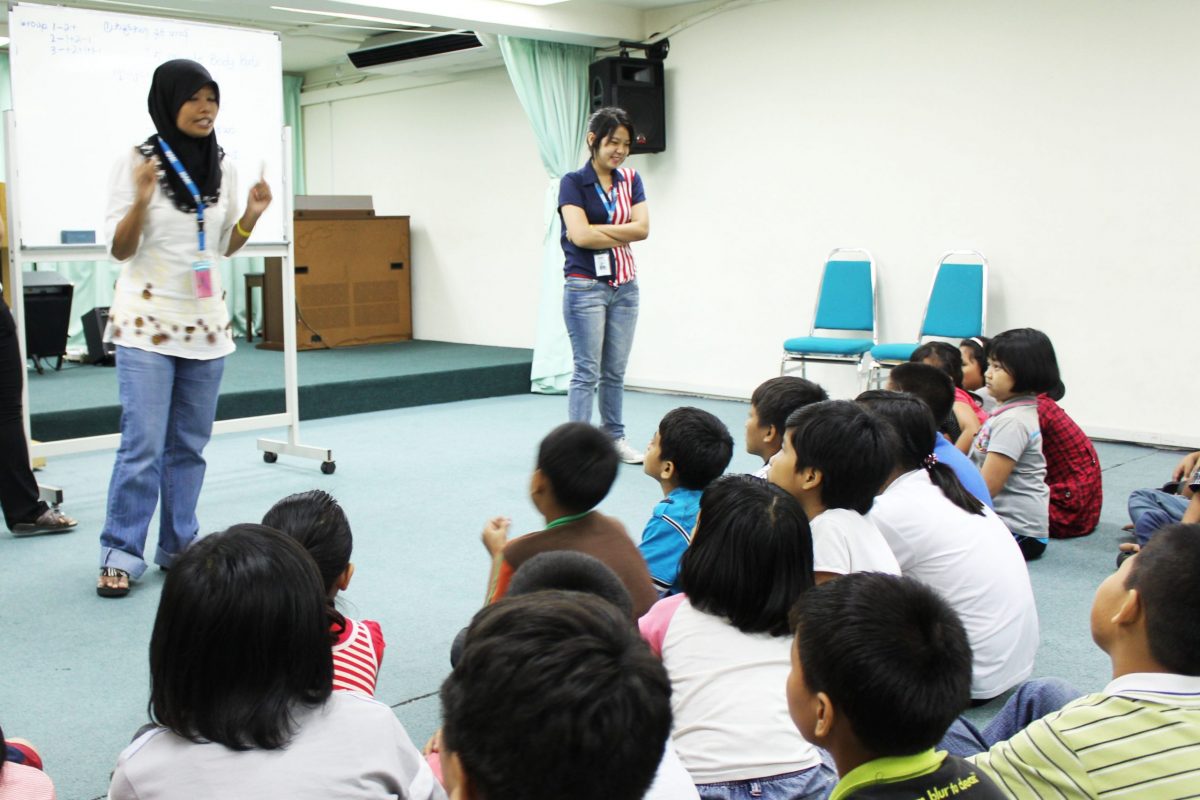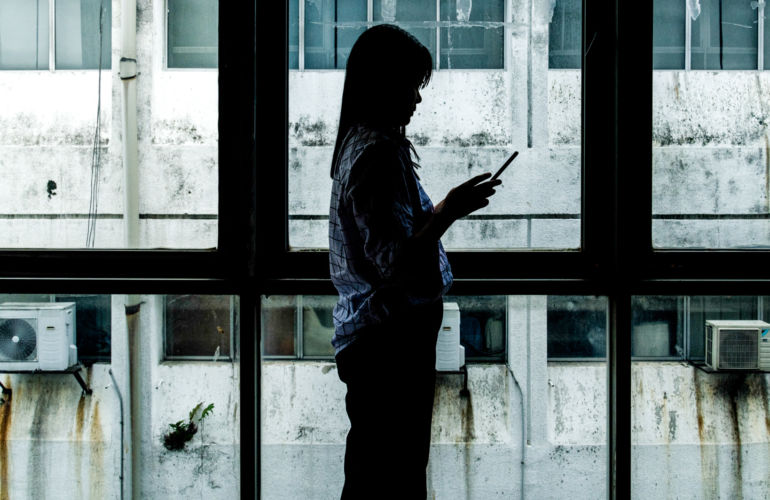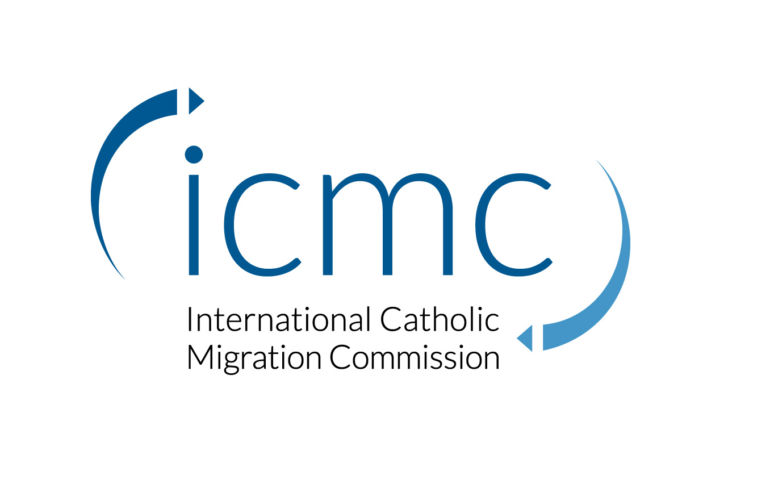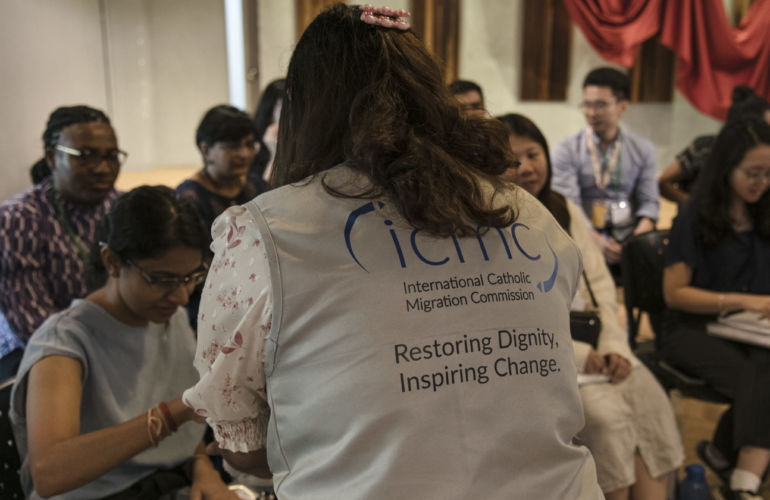Burmese Refugees in Malaysia Fight Gender-Based Violence Through Community-Based Programming

“A lot of women suffer from Gender-Based Violence (GBV), but they don’t know how to ask for help. Some people don’t understand that survivors should be helped instead of blamed. We must change what we can now, only then will women gain equality and respect,” said Iang Chin Par, a Burmese refugee living in Malaysia and a member of the ICMC Refugee Women’s Protection Corps (RWPC).
The RWPC was formed by ICMC more than four years ago and has since served as the foundation of ICMC work and community-based approach to prevent and respond to GBV amongst Burmese refugees in Malaysia. With generous financial support from the US State Department’s Bureau of Population, Refugees and Migration (BPRM), ICMC staff mentors, supervises and coordinates a group of around twenty RWPC volunteers from the Burmese refugee community to better address harmful gender inequalities.
The volunteers – all from different ethnic communities within the Burmese refugee population – conduct outreach and GBV awareness-raising sessions for adults in homes, religious institutions, and refugee community centers. In addition, the RWPC volunteers operate a GBV hotline and email account where they receive GBV disclosures; provide interpretation services to GBV survivors in hospitals and shelters; and conduct specialized GBV training for adolescents and school children. The volunteer’s active involvement in the community guarantees that ICMC continues to receive substantial feedback to identify key protection issues.
As the ICMC Malaysia Program Manager Jackie Loo explains, “GBV is a sensitive topic. Sharing information with a RWPC volunteer of a similar background, who speaks the same language, gives a feeling of trust and attachment to beneficiaries. Refugees are more likely to open up if they know RWPC volunteers understand the difficulties they face in Malaysia.”
Khua Tin Cer, a RWPC volunteer since 2012, confirmed: “During my first peer counselling session, I wasn’t sure if I could really help the beneficiary. But after the session, the beneficiary said it was easier to talk to me about her problems.”
This type of community based approach empowers both beneficiaries and volunteers. Beneficiaries learn to question harmful gender stereotypes and respect members of the opposite sex, while RWPC volunteers gain the confidence to speak out against violence and make a difference in their communities.
“Being a RWPC member means that I must talk to a variety of different people… I feel more confident speaking with community leaders and I’ve gained self-confidence since becoming a member,” said Sui Hlei Thai, another RWPC volunteer awaiting resettlement in the US.
“The way ICMC operates, engaging directly the refugees in the program work and treating Staff and refugee volunteers equally, made me feel like a human being again and helped me regain confidence in myself”, shared Khua Tin Cer.
“Through the outreach activities of the RWPC, we receive a great deal of community feedback which guides our work; for example, when the refugee women spoke of the need for services in their own language, the GBV hotline was created and is now operated by the RWPC”, continues Jackie Loo.
Community-based protection requires time and perseverance to develop the necessary levels of trust within a refugee community. It is not a short term commitment but rather a long-term process. Nevertheless, the confidence and knowledge gained by both the volunteers and beneficiaries proves the method worth it.


